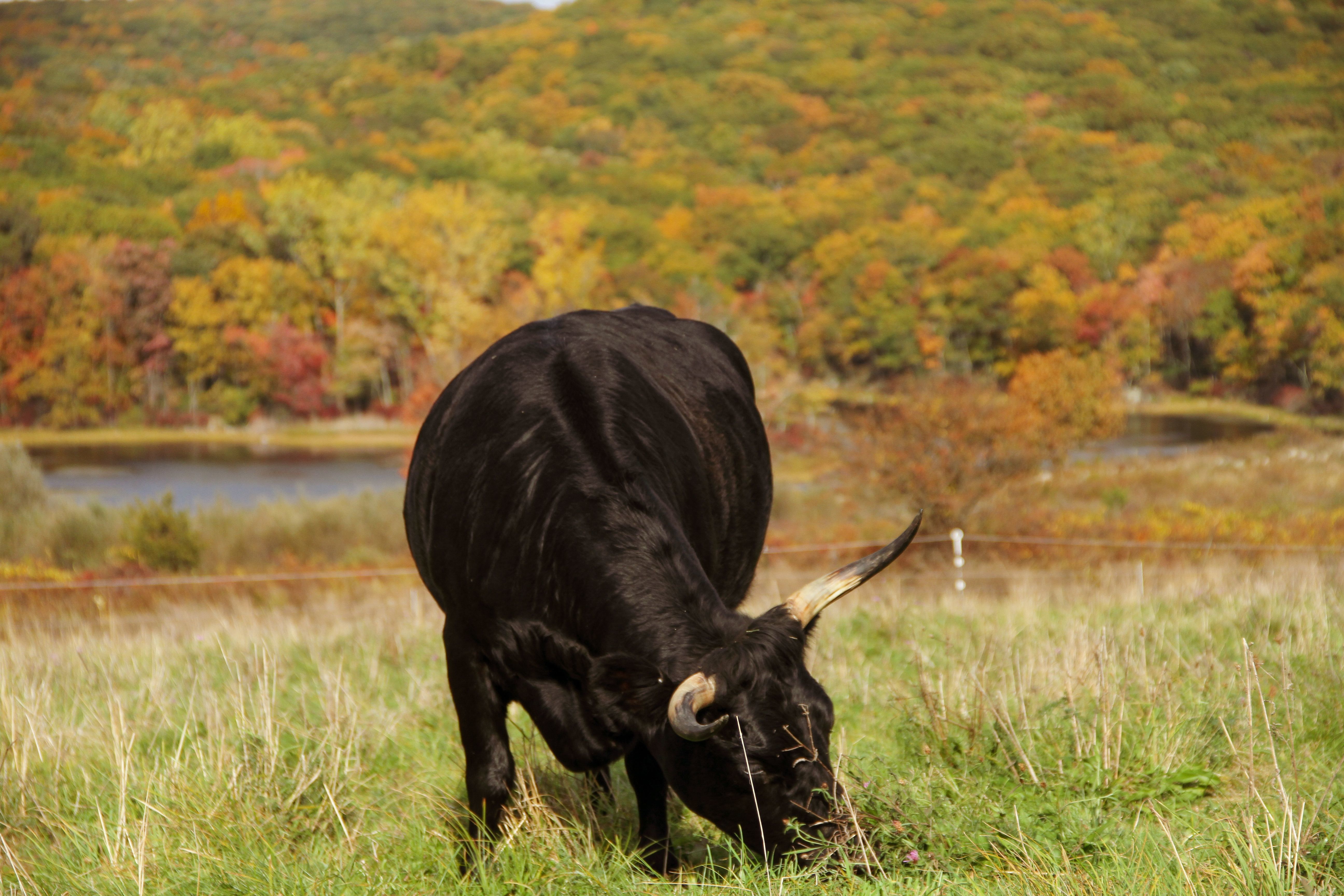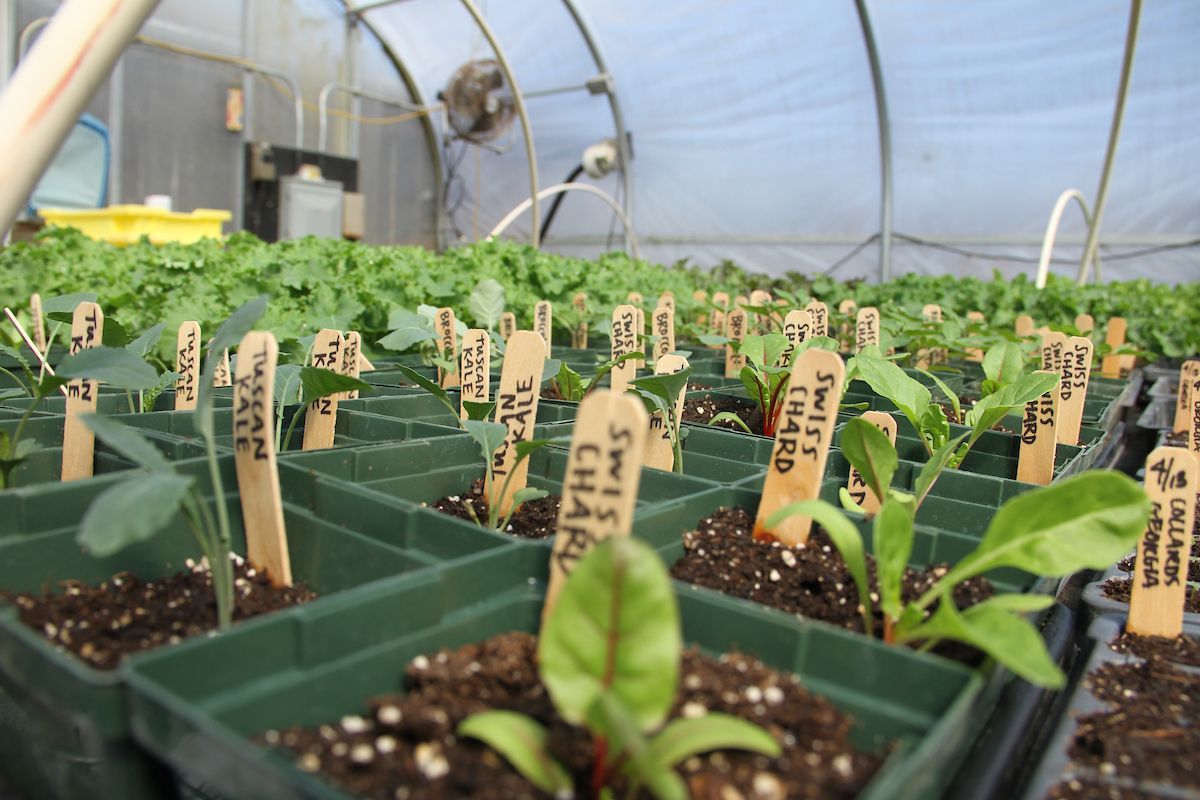
In a world with threatened biodiversity unpredictable weather patterns, and global urbanization, a focus on pasture health is increasingly important. In a world with chronic illness, even among those who can access any kind of food they like, pasture health is all the more relevant. In a world with a global climate emergency, healthy pastures can play an outsized role in mitigating the crisis. The average age of farmers in the United States is increasing and farms are consolidating at alarming rates, and yes, that too underscores the need for a focus on pasture health. The impact of pastureland on so many of the interwoven challenges and opportunities of our time is staggering and often goes unrecognized. .
Pasture health is a critical part of the type of regenerative agriculture that Glynwood practices, teaches and promotes. Pasture improvement has many interconnected benefits for a farm business. First and foremost, pasture with more nutrient-dense plant species will improve the health of the animals who graze it, contributing to the ultimate goal of grass-based livestock farmers: raising healthy animals which will, in turn, nourish us. Pasture quality influences long-term health outcomes for livestock such as fertility, pest and disease resistance, and how they handle times of stress such as extreme summer heat. A more diverse and palatable pasture will increase the length of the grazing season, both in the spring and fall. A longer grazing period can lead to higher profitability for farmers in the Northeast who need to feed hay when the animals can no longer graze. Plant diversity above ground means that the root systems will be similarly variable, leading to a complex system of underground pathways that transport water, nutrients, and microorganisms. Higher plant density and less exposed soil also benefit the entire ecosystem, as it will capture more carbon from the atmosphere, leading to higher organic matter in the soil and more carbon sequestered deep into the ground, which can act as a carbon sink.
This is a gargantuan topic, and we at Glynwood will continue to address it, and discuss how it fits into the broader conversation about soil health. But for now—let this plant a seed for you. The next time you drive past open fields, take a walk on Glynwood’s property, or enjoy a meal that has a pasture-raised component, think of this complex web that exists underground and is connected to so many parts of our ecosystem.

